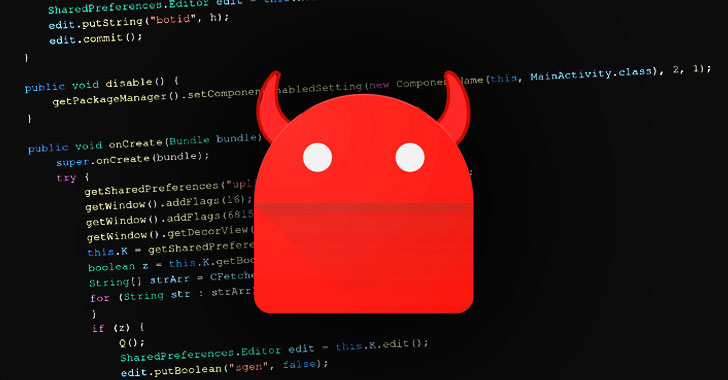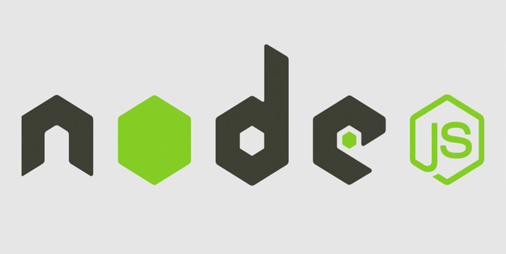Breaches and leaks of sensitive information from organizations doubled last year, even as consumer concerns over data privacy surged, according to two new reports published on Data Protection Day.
Although the tactic was unique considering the targeting of security researchers, it is not technically novel. This incident is a reminder to maintain your psychological defenses and stay vigilant.
“Overall, the Wordfence scanner found malware originating from a nulled plugin or theme on 206,000 sites, accounting for over 17% of all infected sites,” Wordfence said on Wednesday.
Although Microsoft deemed the bug “very difficult” to exploit and therefore only fixed it in Windows 8, researcher Adam Zabrocki says that he was able to rework the attack for use against Windows 7.
Titled, “Online Impersonation Prohibition,” House Bill 239 introduced by Rep. Karianne Lisonbee proposes legal consequences for people that “use the name or persona of an individual” without consent.
Apple said that new privacy pop-up notifications will start appearing on most iPhones as soon as early spring, a requirement that major digital ad firms have warned will harm their businesses.
Dubbed “Oscorp” by Italy’s CERT-AGID, the malware “induce(s) the user to install an accessibility service with which [the attackers] can read what is present and what is typed on the screen.”
The code, its execution, the ways the operators communicate with victims and the threats to the stolen data have been labeled “unprofessional.” This does not mean that the malware is harmless.
Made public by self-described security researcher Shoeb ‘CaptainFreak’ Patel on January 23, the research suggests that Express.js may be susceptible to local file read errors.
For the first time on Tuesday, Microsoft disclosed revenue from its various security offerings as part of its quarterly earnings — amounting to $10 billion over the last 12 months.








